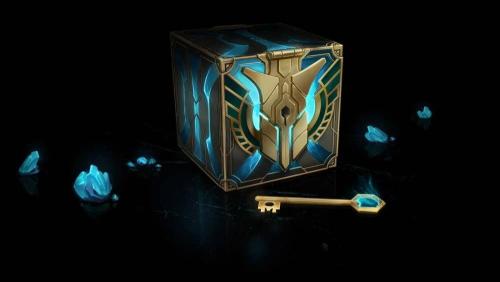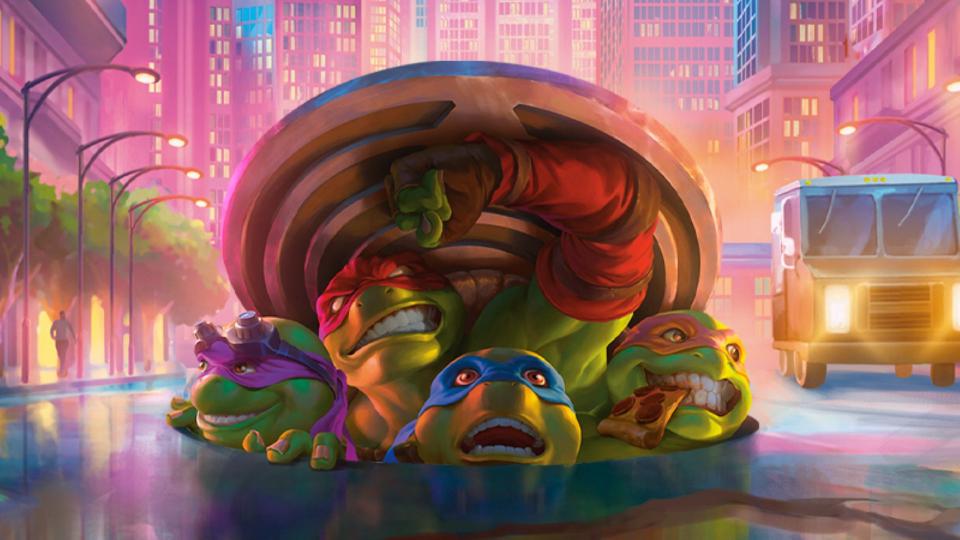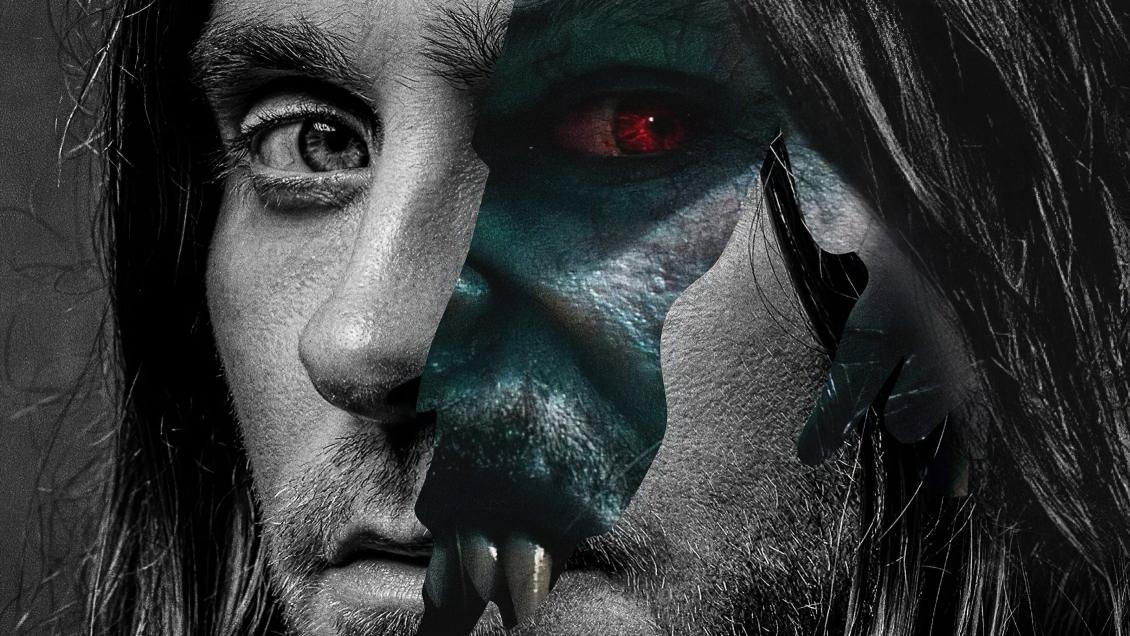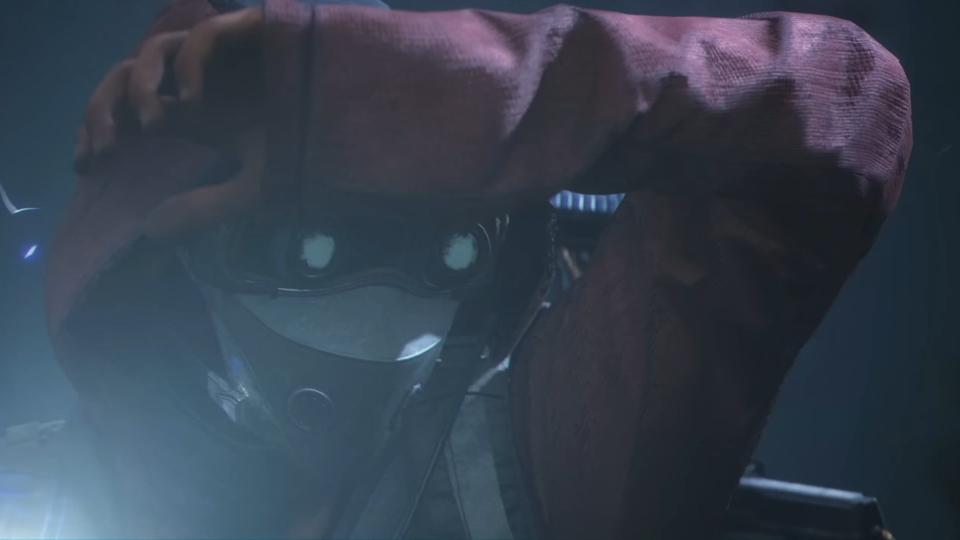The recent ban on loot boxes for players under 18 in Brazil marks a significant move towards consumer protection in video gaming. President Luiz Inácio Lula da Silva has enacted this law as part of a broader digital protection initiative intended to safeguard younger audiences from potential exploitation. Set to be implemented in March 2026, this legislation prohibits loot boxes in games that lack an 18+ rating and mandates additional legal safeguards for games that allow adolescent interactions. This step highlights an escalating global debate on the legality and ethics of loot boxes.
How does Brazil's loot box ban affect young gamers and the industry?This ban aims to protect minors from gambling-like mechanics commonly found in video games. As Brazil represents a substantial gaming market, the law could potentially influence other nations to reconsider similar regulations, prompting the industry to adapt its practices towards more transparent and responsible gaming.
Loot boxes, controversial for resembling gambling, have faced scrutiny globally. Countries like Belgium have already implemented strict regulations around loot boxes, yet enforcement has varied. Brazil's proactive stance represents a crucial advance in the fight over gaming ethics, potentially setting a precedent for future legislation in other markets. As discussions continue, the gaming community remains eager to see how these changes will shape the future landscape of microtransactions in video games.








Comments
It's wild how Brazil's move feels like a real-life patch note for gaming ethics. This might finally get studios to design rewards that feel earned rather than exploited.
It's refreshing to see governments finally catching up with what gamers have been discussing for years. This could be the push developers need to innovate beyond predatory monetization schemes.